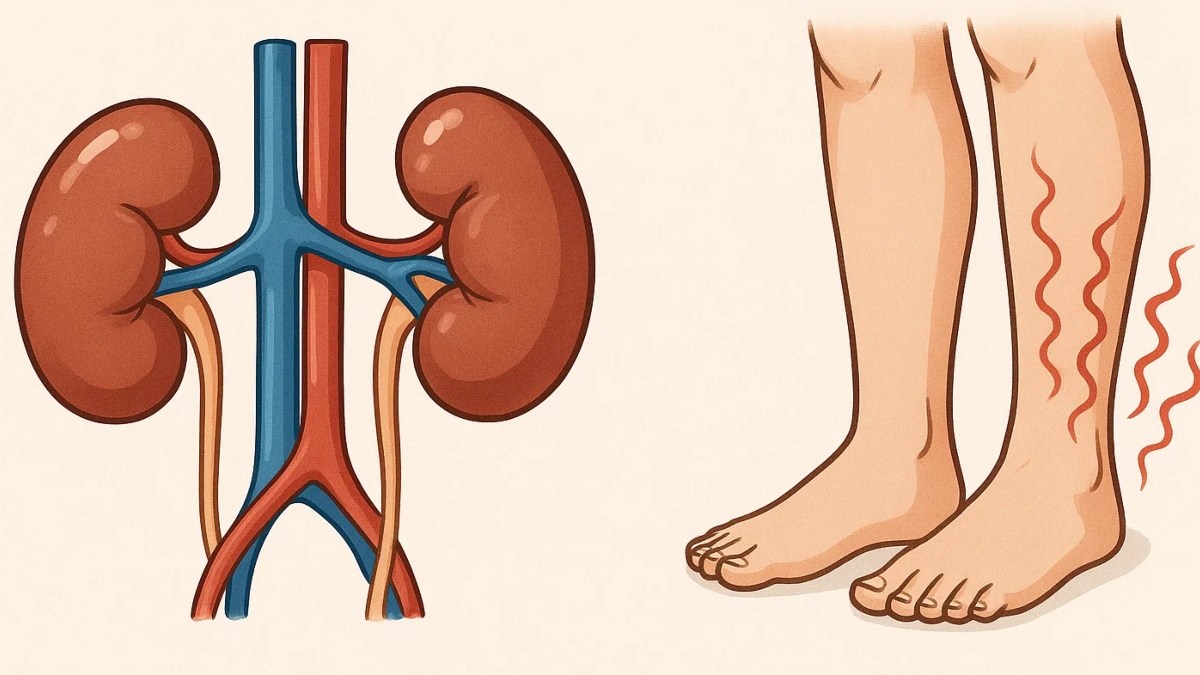Trump Tax Cuts: How They Could Shake Up Australia's Healthcare System - What You Need to Know

Understanding the Ripple Effect: Trump's Tax Cuts and Potential Impacts on Healthcare
The recent passage of President Trump's tax bill in the United States has sent shockwaves through the global economy. While the immediate focus is on domestic economic shifts, the potential repercussions for healthcare systems worldwide, including Australia's, are significant and warrant careful consideration. This article explores how these tax cuts—designed to stimulate the US economy—could indirectly influence healthcare funding, access, and innovation down under.
The US Tax Cuts: A Quick Recap
The tax bill, formally known as the Tax Cuts and Jobs Act, significantly lowered corporate tax rates and made alterations to individual income taxes. Proponents argue it will spur economic growth, create jobs, and boost investment. However, critics point to the potential for increased national debt and the disproportionate benefit to wealthier Americans.
How US Policy Impacts Australia: The Global Interconnectedness
While seemingly distant, US economic policy often has far-reaching consequences. Australia, as a major trading partner and a nation with a sophisticated healthcare system, isn't immune. Here's how the US tax cuts could potentially impact Australian healthcare:
- Investment Flows: Lower US corporate taxes could incentivize investment to flow out of Australia and into the US, potentially reducing capital available for healthcare innovation and infrastructure projects.
- Pharmaceutical Prices: US pharmaceutical companies, benefiting from the tax cuts, might prioritize the US market, potentially leading to higher drug prices in Australia. Australia's Pharmaceutical Benefits Scheme (PBS) relies on negotiated pricing, but increased pressure from US manufacturers could pose a challenge.
- Economic Slowdown: If the US tax cuts fail to deliver the promised economic boost and instead lead to instability, it could negatively impact global economic growth, indirectly affecting Australia's healthcare budget and funding priorities.
- Healthcare Sector Investment: Australian companies with significant US operations might see their investment strategies altered, potentially diverting funds away from healthcare-related research and development.
Australia's Healthcare System: Resilience and Adaptability
Australia's healthcare system, underpinned by Medicare and the PBS, is relatively robust. However, it's not impervious to external pressures. The Australian government will need to proactively monitor the global economic landscape and adjust policies as needed to mitigate potential negative impacts. This might involve:
- Strengthening Domestic Investment: Incentivizing local investment in healthcare innovation and research.
- Negotiating Stronger Pharmaceutical Deals: Continuing to negotiate favorable pricing agreements with pharmaceutical companies.
- Diversifying Trading Partners: Reducing reliance on the US market to minimize economic vulnerability.
Looking Ahead: Monitoring the Situation
The long-term effects of the US tax cuts on Australian healthcare remain to be seen. However, it's clear that global economic interconnectedness requires vigilance and proactive policy responses. Australian policymakers, healthcare providers, and citizens alike should stay informed and prepared to adapt to the evolving landscape. This is not about predicting doom and gloom, but about understanding the potential risks and opportunities presented by shifts in the global economy and ensuring the sustainability of Australia's world-class healthcare system.






